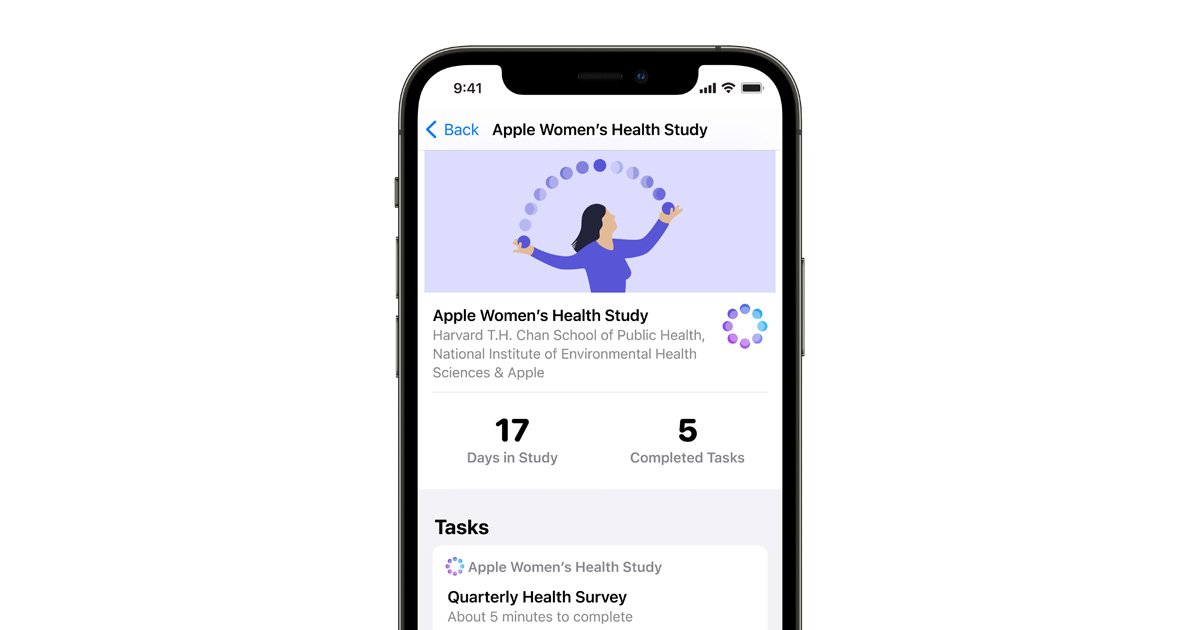
Harvard Chan School researchers’ preliminary analysis of data, from a cohort of the first 10,000 participants to enroll in the study and respond to a demographics survey, validates women’s experiences of a wide range of menstrual cycle symptoms including some that are less commonly known or discussed. The most frequently tracked symptoms were abdominal cramps, bloating, and tiredness, all of which were experienced by more than 60 percent of participants who logged symptoms. More than half of the participants who logged symptoms reported acne and headaches. Some less widely recognized symptoms, like diarrhea and sleep changes, were tracked by 37 percent of participants logging symptoms.
Initial analysis also suggests these symptom trends hold true across a wide range of demographics, including age, race, and geographic location. For example, across Black, Hispanic, and white participants, the most commonly reported symptoms were abdominal cramps, bloating, and tiredness.
“Our study will help to achieve a more gender equal future, in which all people with menstrual cycles have access to the health services and menstrual products needed to feel safe and empowered,” said Dr. Michelle Williams, Dean of the Faculty at Harvard Chan School. “By building a robust generalizable knowledge base, the Apple Women’s Health Study is helping us understand factors that make menstruation difficult and isolating for some people, in addition to elevating awareness of a monthly experience shared by women around the world.”
“These findings take us a step further in validating and destigmatizing period symptoms,” said Dr. Sumbul Desai, Apple’s vice president of Health. “Harvard Chan researchers are leaders in the field on this critically important subject, and we couldn’t be more proud to support and help scale their efforts through the Research app.”
The study team will further investigate the preliminary data and submit a detailed analysis, including a breakdown of methods, for peer review and journal publication.
“The preliminary data we are sharing today suggests women across the country have a shared experience of a wide range of menstrual symptoms, and that this natural monthly occurrence is something we should be having more discussions about,” said Dr. Shruthi Mahalingaiah, one of the study’s principal investigators and an assistant professor of environmental, reproductive, and women’s health at the Harvard Chan School. “We look forward to continuing our work to create a long-term, foundational data set over time, which can inspire more research going forward.”
